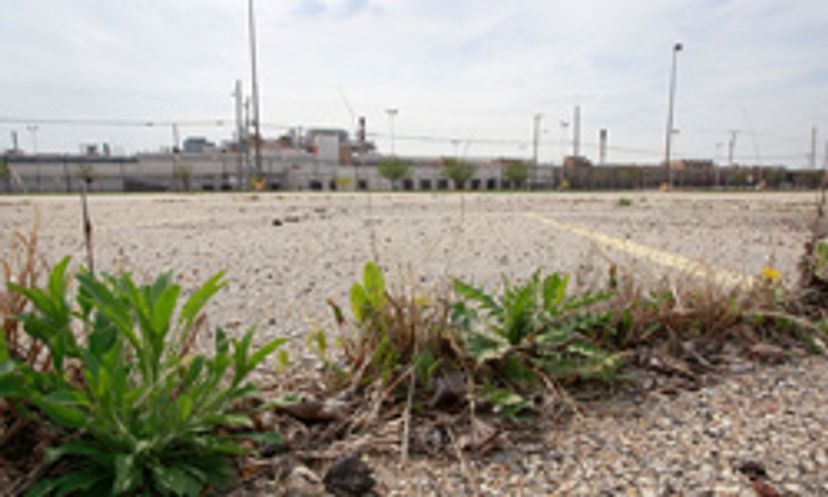
About This Quiz
For many gardeners, fighting weeds can seem like a never-ending struggle. How much do you know about these leafy green nuisances and how to keep them out of your garden?Herbicides are anything that kills plants -- they can be natural or chemical.
The acetic acid in vinegar makes it a useful herbicide -- but you have to use it carefully to avoid harming your plants.
Some plants, like walnut trees, produce natural herbicides so other plants can't grow up around them.
Advertisement
Dandelions supposedly have diuretic qualities, hence the charming French name. Strangely, the English word "dandelion" is derived from the French phrase "dente de lion" (lion's tooth).
If you have some extra time (and some raisins, oranges, lemons and yeast) you can make dandelion wine. You also might be able to earn a pretty penny if you package dandelion leaves as organic field greens.
It's best to deal with weeds when the soil is a little moist -- not too wet, not too dry.
Advertisement
Weeds can be added to a compost pile or left to dry out, but if conditions aren't exactly right, the seeds might not die. So it's often best to put them in the trash instead.
If your plants are close enough that their leaves touch and overlap, weeds won't get as much sunlight.
Kudzu is a Japanese plant that was introduced into the United States in 1876. People started planting it because it helps with soil erosion, but it grew out of control in the Southeast because of the region's mild climate. It was officially classified as a weed in 1953.
Advertisement
Soil solarization is a very labor-intensive way to totally destroy the weeds in an area. It involves tilling, digging and "cooking" weeds under plastic in direct sunlight.